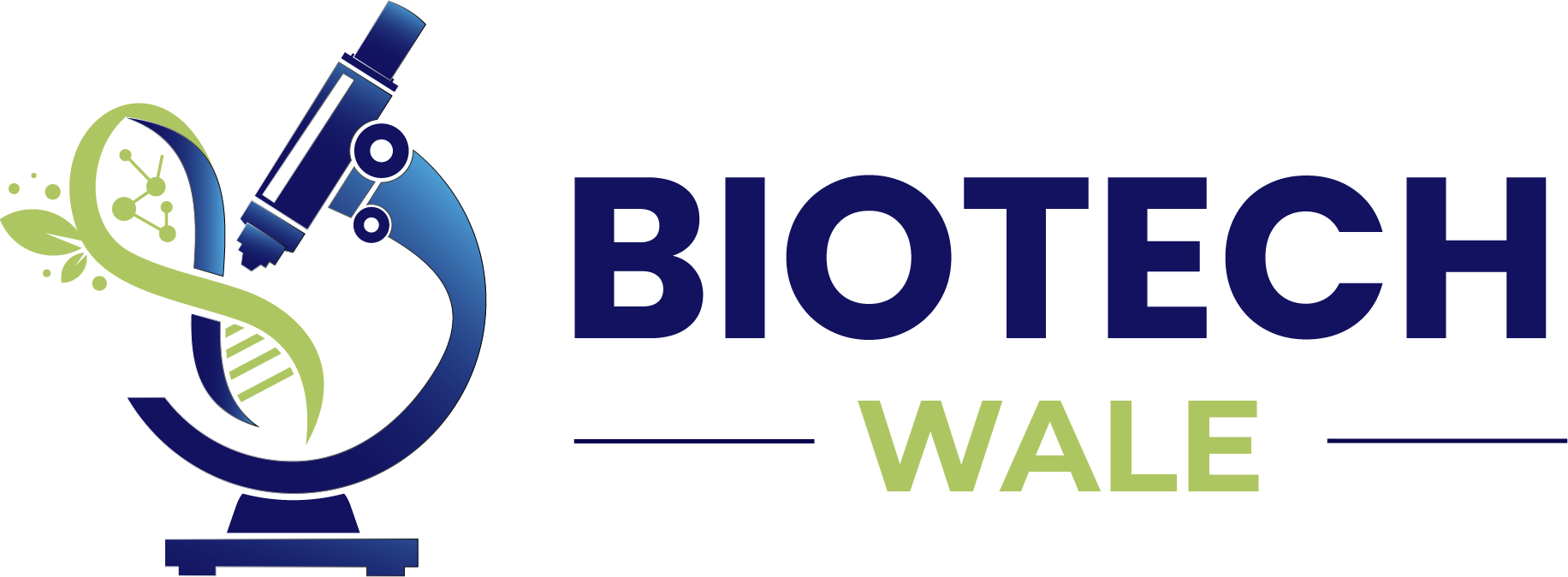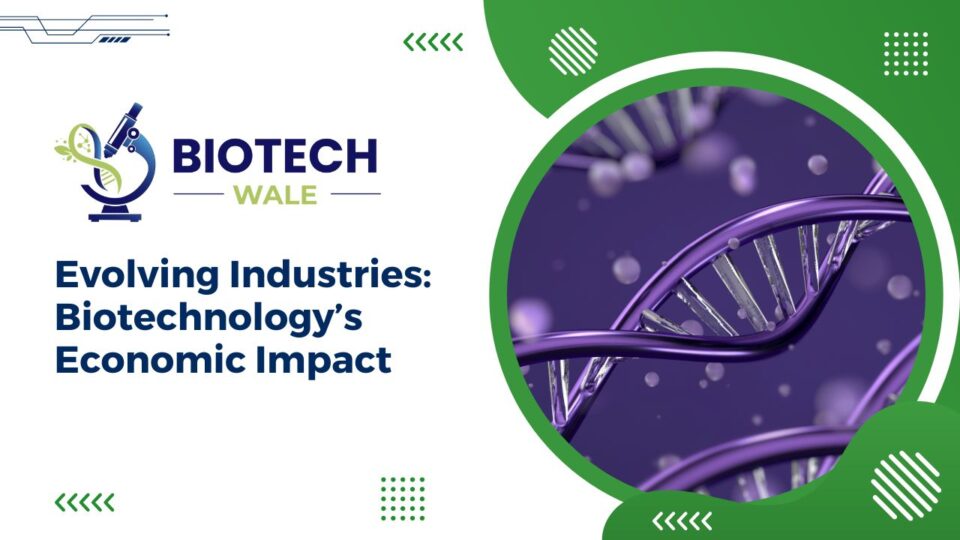Introduction to Biotechnology
Welcome to the exciting world of biotechnology, where science fiction meets reality. From groundbreaking medical discoveries to sustainable agriculture solutions, the biotech industry is revolutionizing our lives in ways we never thought possible. Join us on a journey through the economic impact and societal benefits of this rapidly evolving field.
Growth of the Biotech Industry
The biotech industry has experienced remarkable growth in recent years, with advancements in technology driving innovation and discovery. Companies are continuously pushing the boundaries of what is possible, leading to groundbreaking developments in various sectors.
From healthcare to agriculture, biotechnology is revolutionizing how we approach challenges and find solutions. The investment in research and development has paved the way for new treatments, improved crop yields, and sustainable practices that benefit both people and the planet.
As more funding pours into the industry, opportunities for collaboration and partnerships have increased significantly. This cross-pollination of ideas has resulted in synergies that propel progress forward at an unprecedented pace.
The growth of the biotech industry shows no signs of slowing down as it continues to shape our future through innovation and ingenuity.
Contributions to Economic Growth and Job Creation
Biotechnology has emerged as a powerhouse in driving economic growth and job creation across various sectors. The industry’s innovative solutions have not only revolutionized healthcare but also opened doors to new opportunities for businesses worldwide.
The demand for skilled professionals in biotech companies continues to rise, leading to the creation of diverse job opportunities from research scientists to marketing specialists. This surge in employment is fueling economic prosperity and attracting investments from both public and private sectors.
Moreover, the biotech industry’s contribution extends beyond creating jobs; it stimulates economic development by fostering collaborations between academia, government agencies, and corporations. These partnerships drive innovation forward while generating revenue streams that benefit local communities and economies on a global scale.
As biotechnology continues to evolve rapidly, its impact on economic growth and job creation remains significant, paving the way for a future filled with endless possibilities and advancements.
Advancements in Medicine and Healthcare
The field of biotechnology has revolutionized medicine and healthcare in remarkable ways. Through innovative research and development, biotech companies have been able to create cutting-edge treatments for various diseases and conditions, improving the quality of life for countless individuals.
Advancements in gene therapy have opened up new possibilities for treating genetic disorders that were once considered incurable. Precision medicine is allowing healthcare providers to tailor treatment plans to individual patients based on their unique genetic makeup, leading to more effective outcomes.
Biotechnology has also played a significant role in the development of vaccines, helping prevent infectious diseases and saving millions of lives worldwide. The use of biologics in cancer treatment has shown promising results, offering targeted therapies with fewer side effects compared to traditional chemotherapy.
The continuous progress in biotechnology continues to push boundaries in medicine and healthcare, offering hope for better health outcomes for people around the globe.
Impact on Agriculture and Food Production
Biotechnology has revolutionized the agricultural and food production industries, offering innovative solutions to enhance crop yields, improve disease resistance in plants, and reduce the use of chemical pesticides. Through genetic engineering techniques, scientists have developed crops that are more nutritious, resilient to harsh environmental conditions, and can thrive with less water.
By incorporating biotechnology into agriculture, farmers can produce higher quantities of food on limited land resources while minimizing their impact on the environment. This technology plays a crucial role in addressing global food security challenges by ensuring a sustainable and efficient supply chain from farm to table.
Biotech advancements have also led to the development of genetically modified organisms (GMOs) that are resistant to pests and diseases, resulting in decreased crop losses and increased profitability for farmers. Additionally, biotechnology offers opportunities for producing biofuels from agricultural waste products as a renewable energy source.
The impact of biotechnology on agriculture continues to reshape the way we grow our food sustainably while meeting the demands of an ever-growing population without compromising future generations’ ability to do so.
Environmental Benefits of Biotechnology
Biotechnology is not just revolutionizing healthcare and agriculture; it’s also making significant strides in promoting environmental sustainability. By harnessing the power of biotech, industries can develop eco-friendly solutions to tackle pressing environmental issues.
One key benefit is the development of biofuels derived from renewable sources like algae or plant materials, reducing our reliance on fossil fuels and lowering greenhouse gas emissions. Biotechnology also plays a crucial role in waste management by developing enzymes that break down pollutants more efficiently.
Moreover, genetically modified crops are engineered to be more resilient to pests and diseases, reducing the need for harmful pesticides and herbicides. This leads to healthier ecosystems and less chemical runoff into water sources.
Furthermore, bioremediation techniques use microorganisms to clean up contaminated environments like oil spills or industrial waste sites. These innovative approaches help restore damaged ecosystems back to their natural state while minimizing human impact on the environment.
Ethical Considerations and Regulations
When exploring the world of biotechnology, it’s essential to consider the ethical implications and regulatory frameworks that guide this rapidly evolving industry.
Ethical considerations in biotechnology extend beyond just scientific advancements; they delve into complex moral dilemmas surrounding genetic manipulation, cloning, and data privacy. As scientists push boundaries in research, society must grapple with questions about where to draw the line between progress and ethics.
Regulations play a crucial role in ensuring that biotechnological innovations are safe for consumers, environmentally sustainable, and ethically sound. Government agencies around the world set guidelines to govern research practices, product development, and commercialization within the industry.
Balancing innovation with ethical responsibility is an ongoing challenge for both researchers and policymakers alike. Striking a harmonious equilibrium between technological progress and ethical standards will be pivotal as biotechnology continues to shape our future landscape.
Future Outlook for the Biotech Industry
The future outlook for the biotech industry is incredibly promising. With rapid advancements in technology and research, we can expect to see even more groundbreaking innovations in the coming years.
As biotechnology continues to evolve, we anticipate significant growth across various sectors including healthcare, agriculture, and environmental sustainability. This growth will not only create new job opportunities but also drive economic development on a global scale.
In terms of medicine and healthcare, we can look forward to personalized treatments tailored to individual genetic profiles. This precision medicine approach has the potential to revolutionize how diseases are diagnosed and treated.
Furthermore, biotechnology will play a crucial role in enhancing food production methods through genetic engineering and sustainable agricultural practices. This could help address food security issues and promote healthier eating habits worldwide.
The future of the biotech industry appears bright as scientists push boundaries and explore new frontiers in science and technology.
Conclusion
The field of biotechnology has undeniably transformed various industries and continues to drive innovation across different sectors. With its significant contributions to economic growth, job creation, advancements in medicine and healthcare, improvements in agriculture and food production, as well as environmental benefits, biotechnology stands at the forefront of shaping a sustainable future.
As we look ahead to the future of the biotech industry, it is clear that there are endless possibilities for further developments and breakthroughs. Continued research and investment in biotechnology will lead to even more remarkable discoveries that have the potential to positively impact human health, food security, environmental sustainability, and more.
The evolution of biotechnology will undoubtedly play a crucial role in addressing some of society’s most pressing challenges while opening up new opportunities for growth and progress. It is an exciting time for this dynamic field as it continues to push boundaries and redefine what is possible through science and innovation.





Average Rating